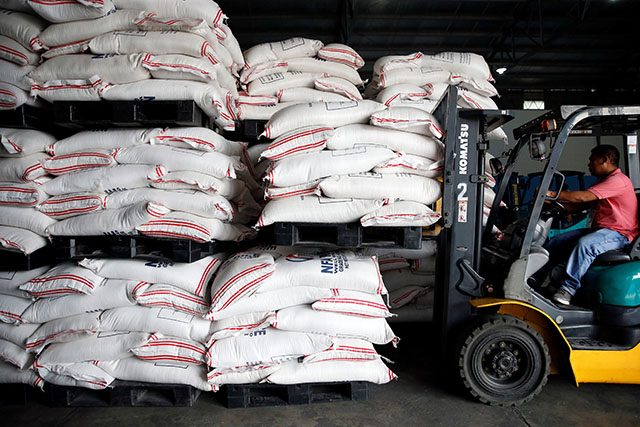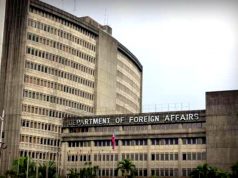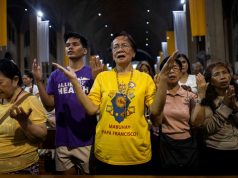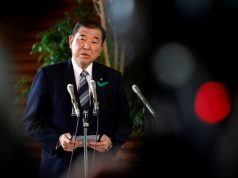
- Marcos concerned about El Nino impact on local harvest
- Philippine president also worries about Vietnam supply
- Philippines one of world’s biggest rice importers
MANILA— President Ferdinand Marcos Jr. said on Saturday the country must boost its rice stocks and that he may seek a supply deal with India, worried about the potential impact of El Nino dry weather on the local harvest and about other suppliers.
“I’m thinking about the national supply for rice,” Marcos told officials in the northern province of Cagayan, where he went to assess the damage from Typhoon Doksuri.
Marcos, who is also agriculture secretary, expressed concern about the global supply situation. “Everybody is preparing for El Nino, all of Southeast Asia. ”
The Philippines, one of the world’s biggest rice importers, traditionally buys the staple grain mainly from its neighbour Vietnam. But Marcos said supply from Vietnam might become limited as other buyers crowd in.
“I think we can make a deal with India. Maybe there’s someone there we can talk to,” Marcos said.
A spokesman for India’s food ministry did not immediately respond to a request for comment.
India last week banned exports of non-basmati white rice – its largest rice export category – to ease domestic prices that climbed after rains caused significant crop damage. New Delhi left open the door for government-to-government deals, saying it would consider meeting the requirements of countries in need of rice.
The ban is expected to halve shipments from the world’s largest exporter of the grain. After the decision, prices of rice exported from Vietnam and Thailand soared to their highest in more than a decade this week.
India accounts for more than 40% of world rice exports, and low inventories with other exporters mean a cut in shipments could inflate food prices already driven up by Russia’s invasion of Ukraine last year and erratic weather.
“Everyone is buying simultaneously,” Marcos said. “That’s why I’m getting nervous over possible spikes in (local) prices even if we import.”
Philippine rice imports are handled by private traders. But the state agency procuring rice from local farmers for buffer stocking can import some volume upon approval by the president in an emergency.
—Reporting by Enrico Dela Cruz; Additional reporting by Mayank Bhardwaj in New Delhi; Editing by William Mallard









